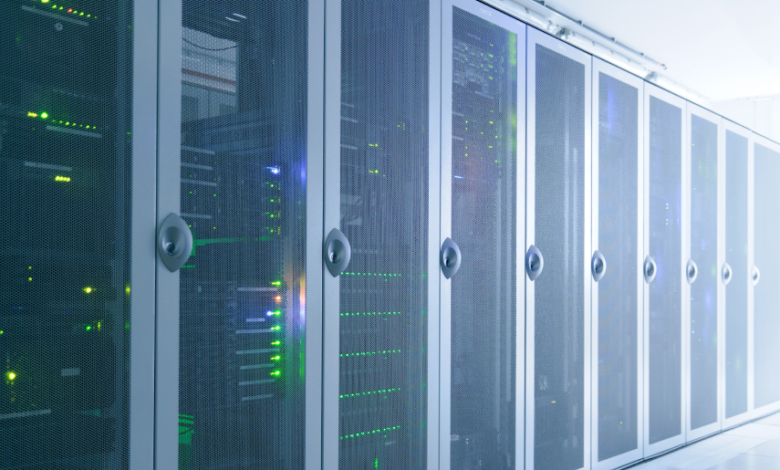How a Colocation Data Center Can Improve Your Business IT Infrastructure

In today’s fast-paced digital world, businesses rely heavily on their IT systems. From storing sensitive information to running applications, the backbone of most companies is their technology infrastructure. For many businesses, managing this infrastructure internally can be expensive and complicated. This is where a colocation data center comes in. By using a colocation service, businesses can enhance their IT infrastructure, improve performance, and reduce costs.
What is a Colocation Data Center?
A colocation data center is a facility where businesses can rent space for their servers and other IT equipment. Instead of keeping servers in an office or a small server room, companies place their hardware in a secure, professionally managed facility. The data center provides power, cooling, network connectivity, and physical security, ensuring that equipment operates efficiently and safely. By leveraging these resources, businesses can focus on their core operations without worrying about the technical challenges of managing their IT infrastructure.
Improved Reliability and Uptime
One of the biggest advantages of using a colocation data center is reliability. These centers are designed with redundant power supplies, backup generators, and advanced cooling systems. This means that even during power outages or extreme weather conditions, your IT systems remain operational. High uptime is crucial for businesses that depend on online services, email communication, or cloud applications. By keeping servers in a professional facility, companies can reduce downtime and ensure that their technology runs smoothly at all times.
Enhanced Security for Your Data
Security is a major concern for any business handling sensitive information. A colocation data center offers physical and digital security measures that are difficult and expensive to replicate in-house. Facilities often have 24/7 surveillance, access control systems, and security personnel. Additionally, network security measures such as firewalls and monitoring systems help protect data from cyber threats. By placing servers in a secure environment, businesses can significantly reduce the risk of data breaches and protect their valuable information.
Scalability for Growing Businesses
As a business grows, so do its IT needs. Expanding server capacity in-house can be costly and time-consuming. With a colocation data center, companies can scale their infrastructure quickly. Renting additional space or upgrading equipment is easier and more flexible than maintaining internal systems. This scalability allows businesses to respond to changing market demands without worrying about the limitations of physical office space or internal resources. Whether it’s adding new servers or increasing storage, a colocation service supports business growth efficiently.
See also: What Are the Top Wearable Tech Trends of 2025?
Cost Efficiency and Reduced Maintenance
Running an in-house data center requires significant investment in equipment, electricity, cooling, and maintenance staff. A colocation data center reduces these costs by sharing resources with other tenants in the facility. Businesses pay only for the space and services they need, avoiding large upfront expenses. Additionally, the facility’s staff handles maintenance, hardware monitoring, and network management, reducing the burden on internal IT teams. This cost efficiency allows companies to allocate resources to other important areas, such as product development or customer service.
Reliable Connectivity and Performance
A colocation data center is designed to offer high-speed and reliable network connections. Multiple internet providers and advanced routing systems ensure that businesses experience minimal latency and fast data transfer. This is especially important for companies that use cloud applications, host websites, or run online services. By placing servers in a facility with strong connectivity, businesses can improve the performance of their IT systems and provide a better experience for employees and customers.
Disaster Recovery and Business Continuity
Unexpected events such as natural disasters, equipment failure, or cyber attacks can disrupt business operations. A colocation data center supports disaster recovery by providing a secure environment for backups and redundant systems. Businesses can store critical data offsite, ensuring that they can quickly recover and continue operations after an incident. This level of preparedness enhances business continuity and minimizes potential losses.
Conclusion
A colocation data center offers businesses a reliable, secure, and cost-effective solution for managing IT infrastructure. By leveraging professional facilities, companies can improve uptime, enhance data security, scale their operations, and reduce maintenance costs. For businesses looking to strengthen their technology foundation, partnering with a colocation service provides a smart and practical approach to modern IT management. Investing in this infrastructure ensures that your business remains competitive, efficient, and prepared for future growth.





